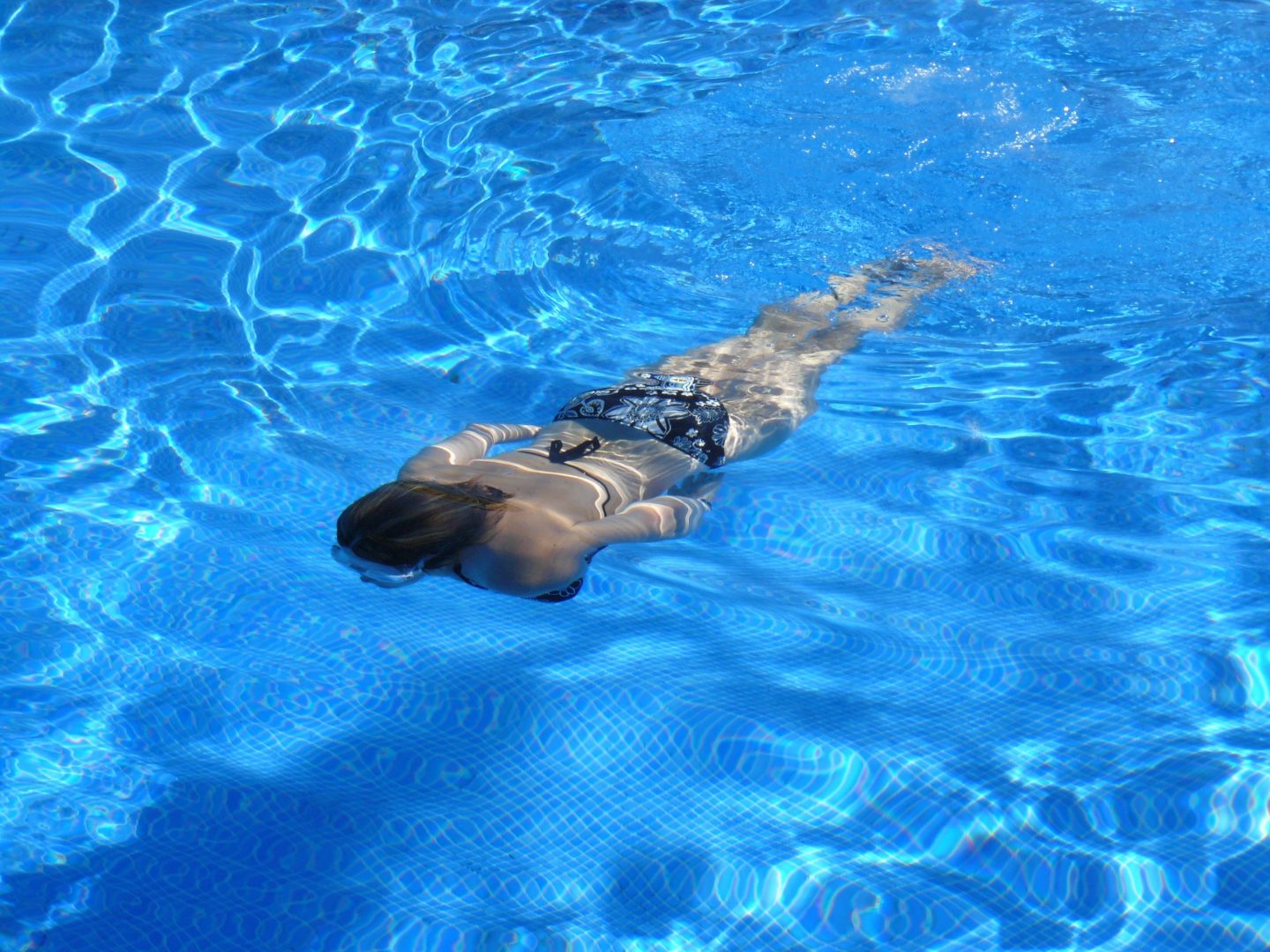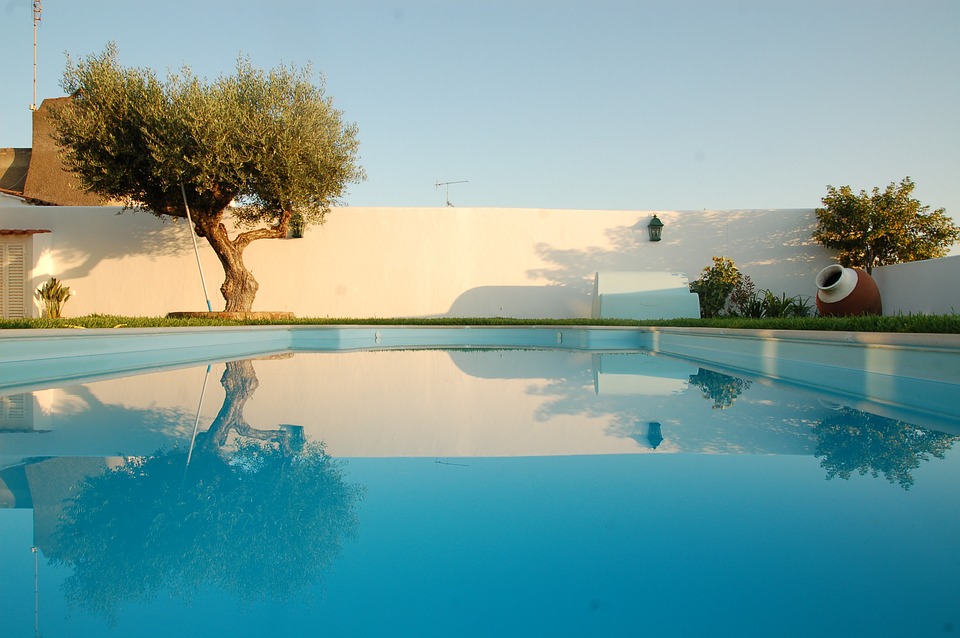Some advice for extending your pool season

The holidays are drawing to a close but rather than giving in to autumnal sadness, why shouldn’t you continue to enjoy your pool? The end of summer is without doubt one of the most pleasant times of the year. Indeed, what could be more delightful than being able to enjoy these beautiful days at the end of the season at the water's edge, getting the most out of your pool?
Even though at the beginning or the end of the season, it can be more difficult to maintain the water at a pleasant temperature, Hayward provides some heating methods to extend the swimming season without adding to your energy bill.
Although they are effective, classic boilers are not really a satisfactory solution because they result in a high electricity bill. Also, the ecological impact of their high energy consumption (gas, fuel oil or electricity) needs to be taken into account.

On the other hand, the heat pump gives excellent results and remains particularly suitable for our European climates (read our article on which pump to choose here). The principle consists of transferring heat from the ambient air into the pool water. In terms of energy, its efficiency is optimal (energy consumed 1, energy returned 4) and its ecological balance is very satisfactory. You only need a few days for your water temperature to rise from 20 °C to 28 °C. Once the desired temperature has been reached, it will easily be maintained. A big advantage: the heat pump is operates efficiently from the first signs of good weather through to the last lingering days of summer. Hayward proposes a wide range of models. These are now affordable, silent and certified NF.
Less widespread, solar heating (water from panels is heated directly by the sun) uses energy that is entirely free and clean, but the financial investment remains quite significant and heating depends entirely on the sun. Its effectiveness is therefore only optimal in mid-season.
Totally automated treatment systems such as salt chlorinators guarantee flawless, perfectly pure and soft water all year round, with nothing to fear from weather variations and other sudden changes in pH.
No matter what technique are employed, systematically use of a thermal cover conserves heat and avoids evaporation. However, take care that you don’t heat your pool too much! If the difference between the ambient temperature and the water temperature is too big, the energy consumption increases along with the cost of heating. In addition, water heated to more than 32 °C can cause damage to the liner!
You will like also ...
ALL NEWS